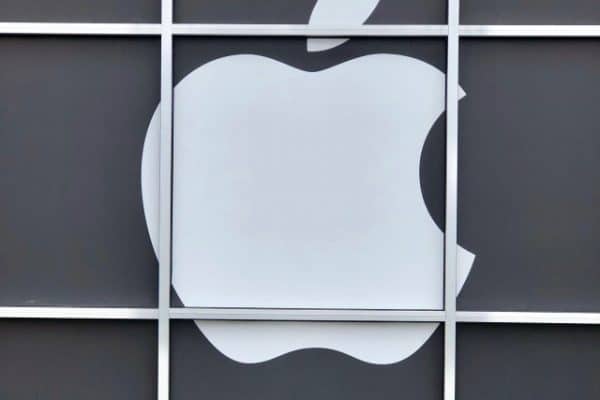Apple: iPhone 11 Pro handsets check location to comply with regulations

It recently came to light that even with Location Services disabled, iPhone 11 Pro handsets appeared to be checking for location data, sparking concerns about privacy.
Having initially dismissed this as "expected behavior", Apple has now gone into more detail about what's actually happening. Rather than being a sinister case of tracking iPhone users, the company says that location checks are actually required because of the ultra wideband chips found in newer iPhones.
See also:
- Your iPhone 11 Pro tries to collect location data even when all location services are disabled
- Apple fails to stop class action lawsuit over problematic MacBook butterfly keyboards
- The Facebook app could be secretly using your iPhone camera behind your back
The ultra wideband technology in the iPhone 11 and iPhone 11 Pro allows handsets to detect the presence of other nearby devices -- perhaps for file sharing. Apple says that in order to comply with regulations in certain parts of the world, ultra wideband technology must be disabled, and location data is needed to determine whether it may be switched on or not.
In a statement given to TechCrunch, an Apple spokesperson said:
Ultra wideband technology is an industry standard technology and is subject to international regulatory requirements that require it to be turned off in certain locations. iOS uses Location Services to help determine if an iPhone is in these prohibited locations in order to disable ultra wideband and comply with regulations.
Apple added: "The management of ultra wideband compliance and its use of location data is done entirely on the device and Apple is not collecting user location data".
It's not clear why it took Apple so long to reveal what, on the face of things, is a pretty simple explanation. According to TechCrunch, the company has also said that in a future iOS update it will introduce a new dedicated toggle option for the feature.
Image credit: Lori Butcher / Shutterstock
